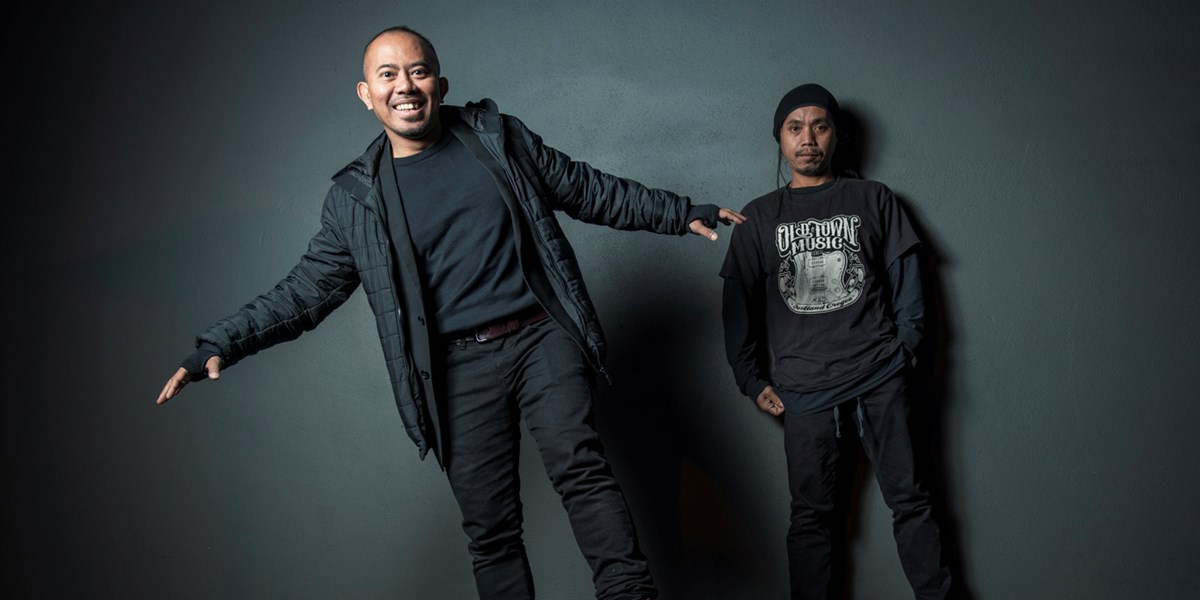Tuesday, September 28, 2021
Senyawa: Free Radicals
Time to penetrate the otherworldly shamanic orbit of innovative Indonesian duo Senyawa, as the pair disclose the secrets behind their esoteric arsenal of homemade instrumentation

Senyawa (photo by Drew Gurian)

Register now to continue reading

Thanks for visiting the Songlines website, your guide to an extraordinary world of music and culture. Sign up for a free account now to enjoy:
- Free access to 2 subscriber-only articles and album reviews every month
- Unlimited access to our news and awards pages
- Our regular email newsletters

